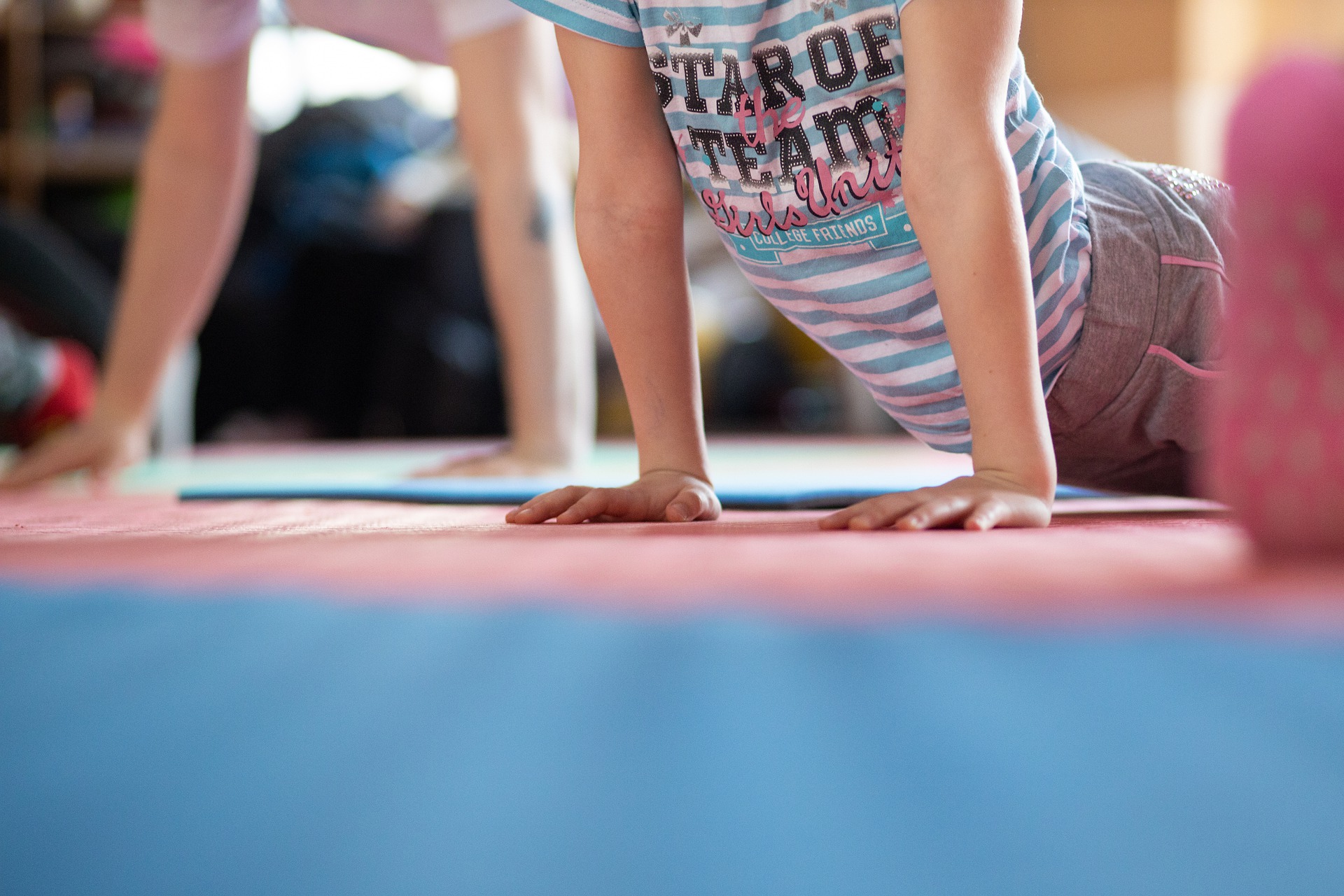There are so many ways to support your child’s mental health. It can feel like a mind field and information overload. But when focusing on physical exercise and movement, this is key to playing a part of supporting your child’s wellbeing.
There are so many reasons as to why physical exercise can support your child’s mental health. Here, we will list the main points and how you as a parent or carer can encourage, support and join your child in physical activity.
Benefits of Physical exercise
- It keeps our children healthy. Exercise is fantastic for the body, whether it be stretching, running, dance or a more enduring physical sport. It allows our children’s bodies to be more flexible, durable and become stronger. Physical activity helps build up bone strength, muscle and is good for the heart. Exercise plays a key role in the development of their movement and also contributes to maintaining a healthier body weight.
- It improves their overall wellbeing. There is evidence to suggest that exercise releases endorphins, a ‘feel good’ hormone into the body. This allows children to feel more positive and obtain a healthier frame of mind. If your child is feeling low or depressed, introducing exercise into their life might help support their feelings and mood. Whether that be joining a sports club, taking a daily walk or simply enjoying some family fun on the trampoline or bikes! Exercise also helps our brain release serotonin, a chemical that helps to regulate mental health.
- Physical exercise can improve focus. If you are concerned about your child’s concentration during school, perhaps introduce a sport or daily walk into their routine. Exercise is brilliant for encouraging focus and can also improve sleep.
- It helps reduce anxiety. Anxiety is ever so present in children which can sometimes be missed. Anxiety in children can be a vicious cycle, and physical activity can support that break in the cycle. Playing a new sport or taking part in a new physical activity can support a child’s mental health as it allows them to focus on a new challenge, gives them a new hobby and also allows them to feel elements of obtainment, achievement and reward. Exercise also stimulates the neurotransmitter norepinephrine, which is proven to improve mood.
- Improved self esteem, confidence and body image. Many children entering their pre-teen years become aware of their body and what it looks like. Having a sport or physical activity to enjoy means that children can understand the elements of their body a lot more, see how it develops in an enhanced way and gain an understanding on how all bodies look different, develop at different rates and have the knowledge to appreciate their bodies ability.
- Improve relationships. If your concerned about your child’s lack of friendship, introducing a team sport into their lives may help support this. As parents ourselves, we understand how children can build up a fantastic team and friendship network from joining sports clubs. Whether it be tennis, football or swimming, find out what’s local to your and discuss with your child what might interest them. This will also increase their social skills and confidence.
- Distraction. As an adult, we allow things to play on our mind and we can overthink. This is exactly the same for children. Having a sport to play or a physical activity to complete, allows children to become distracted from their negative thoughts, linking in to becoming more focused on positive things in their lives rather than dwelling on the negatives.





